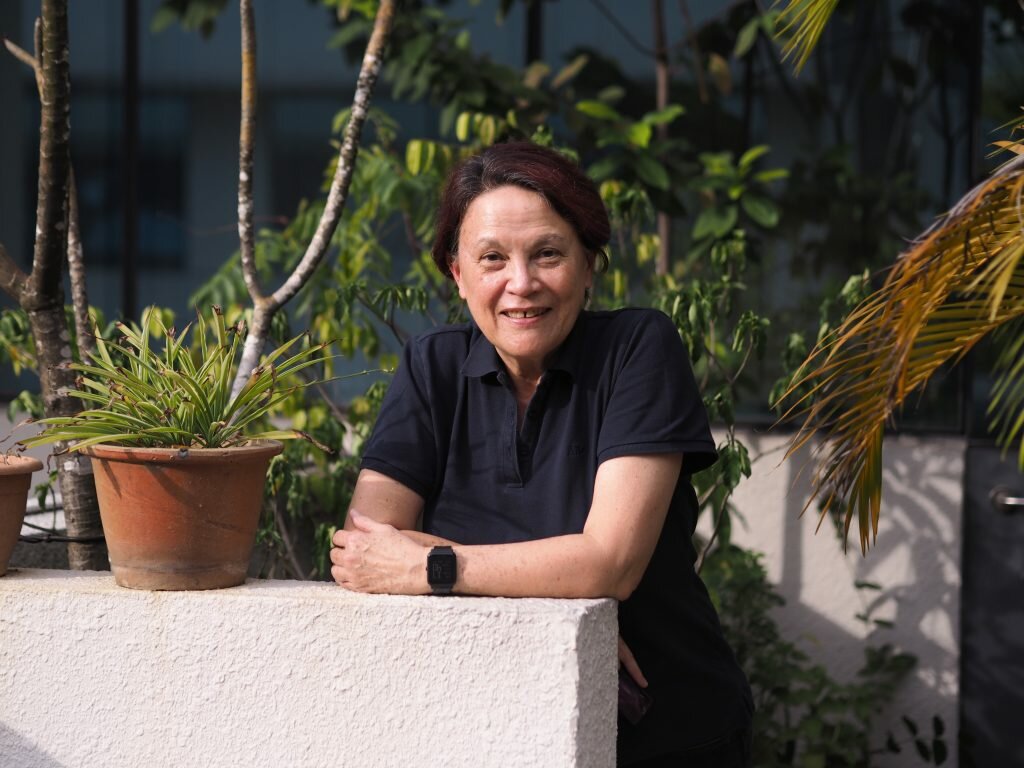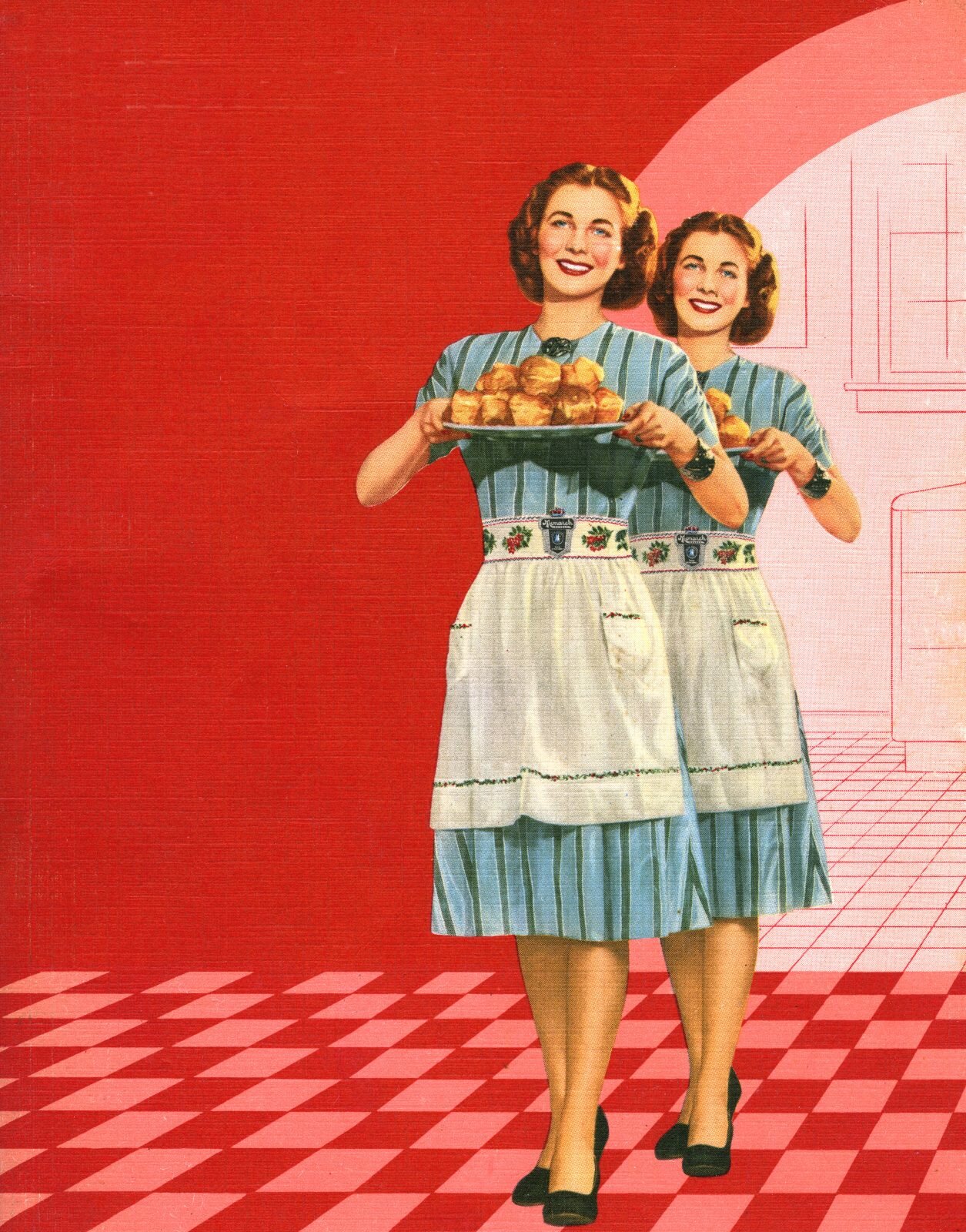(Anchor image: Florian Olivo/Unsplash)
How much are your household duties worth? Chances are, not much — one might count themselves lucky to even receive some sort of gratitude for cleaning the dishes or shuttling the kids to school.
But Oxfam thinks it’s about time we start putting a price on the amount of unpaid domestic work that people — mostly women — are doing around the world.
In their latest study released this year, Oxfam estimates that if the drudgery of domestic work — the long hours spent caring, cooking, cleaning after others — had a fiscal value, it would come in at around $10.8 trillion. To put it in perspective, that would make it three times bigger than the tech industry: and that’s if they were only paid minimum wage.
It’s not just something that afflicts women in third-world countries. Singapore’s largely patriarchal society, say experts, places the burden of domestic work largely onto women — and judges them for it all the same.
“For all the progress women have made, they are still the primary caregivers,” says Margaret Thomas, President of gender advocacy group Aware.
“We are still very much a patriarchal society with mindsets that put women and men in certain roles – and this can limit the opportunities for women.”

(Image: Ethos Books)
Even in seemingly equivocal Singapore, women earn 94 cents for every dollar that a man would. (And that’s when they possess the same qualifications and job title as a man.) Yet, domestic work is still seen as a woman’s domain: that is to say, on top of being underpaid in the office, women often must return home to do more work — this time, for no money at all.
Dr Chung Yuen Kay would know. As a corporate consultant and adjunct associate professor at the National University of Singapore, Chung focuses on gender and diversity in the workplace — and when it comes to the lot of women in the corporate world, she says that she’s been using the same PowerPoint slides for the last ten years.
Not that she hasn’t bothered to change them. It’s just that the situation has hardly changed to warrant an edit in the last decade.
“In 2006, I was doing a talk on women at an HR summit,” says Chung. “I made a few statements back then: that globally, women might have moved into professional roles, but they tend to be concentrated in a narrow range of occupations, and the lower rungs of them. And they also earn less than men for doing the same work.”
“Years on, these statements still hold true.”
She notes that not only do women face pressure from both their corporate and domestic lives, there is always a “judgement” being made on women — no matter what they do.
To wit: if a woman chooses to return to work after having a child (and outsource domestic duties to a maid or a babysitter), she may be seen as callous and unmotherly. But if she forsakes her career to be a full-time housewife, she’s seen as unmotivated, and in Chung’s words, “not advancing the cause of women”.
At the root of it, Chung wagers that it stems from the fact that we don’t really think domestic work is all that valuable — at least, compared to working in the corporate world.
“Let’s face it — domestic work is terribly boring. It’s strenuous. In Singapore, housework is often undervalued: we think childcare is important, but we feel like going out to be a wage earner is more important, because people feel like that contributes to society,” she says.
“But when you raise good children, aren’t you also contributing to society?”
While women have moved in increasing numbers into the workforce, the inverse has not happened — that is, the prevalence of men picking up the slack back home.
Shailey Hingorani, Aware’s Head of Research and Advocacy, cites the Ministry of Manpower’s 2018 Labour Force Survey as proof. 41.3% of unemployed women said they were unable to work because they had to attend to family responsibilities; only 3.8% of unemployed men said the same.
She says that while movements like #MeToo and the ensuing conversations have led to a renewed spotlight on the spectrum that is women’s issues, change is slow to come.
“Have structural changes taken place? Not enough,” she says. “Women continue to be disproportionately absent from top corporate and governmental positions, and workplace harassment and discrimination — including maternity discrimination — remain high.”
Paige Parker is a philanthropist, author, and stay-at-home mother. She writes a monthly column for the Straits Times, and is on the board of United Women Singapore and numerous other artistic causes that include the likes of the Singapore Symphony Orchestra. She even holds a Guinness World Record. Her two bubbly daughters share her bright-eyed enthusiasm, and Parker herself is a proud, self-proclaimed ‘momager’.
And yet, some part of her feels rueful for the life she has not lived.
“I still think I could have done more with my life,” she says, “and that ultimately comes down to not having a major ‘career’.”
“Women are the harshest critics of other women, and we all have great guilt, no matter our role,” she adds. “Those who stay at home feel inadequate for not being professionals, and women running companies have great angst over a lack of quality time with their children.”
Is there a solution? Perhaps — but it’ll take not just the work of women alone, but the cooperation of their male allies as well.
That’s what Dr June Goh-Rin thinks. She’s a senior consultant at the Singapore General Hospital, as well as the President of the Singapore Council of Women’s Organisations, and her numerous responsibilities mean that she had to miss “quite a bit” of her daughter’s early childhood. But she credits the support of her husband and her extended family for giving her the space to concentrate fully on her work when she needed to.
“Men have an equal part to play in supporting the home,” she says. “Only with this partnership and encouragement can a woman achieve the success with some of her burdens shared.”
“The only way for women — and men — to have it all is if both share the weight of caregiving equally.”
Parker agrees. “Societal norms must change. We must look to corporations and men to join us in order to gain gender parity, for we cannot do it alone.”
She adds: “We have to get to the point that mothering is as respected as working.”
Back at gender advocacy organisation Aware, the mood is one of cautious optimism. The organisation celebrates its 35th anniversary this year, and while the road to equality is a long one, they know to celebrate little milestones when they come — even if it is something as seemingly insignificant as a sluggishly narrowing pay gap.
Says Aware’s Hingorani: “Aware has been around for 35 years, so we know that progress is slow — and seldom linear.”
